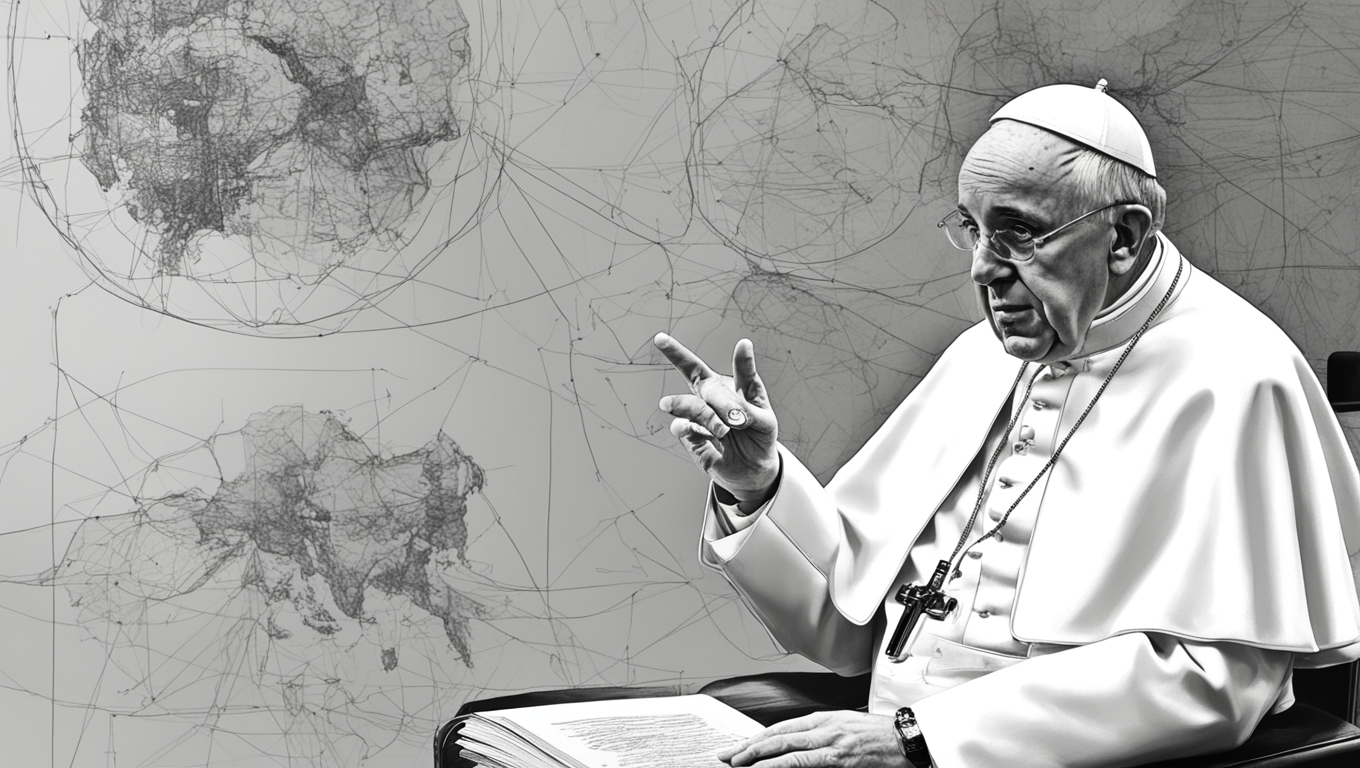In a historic address at a G-7 conference in Fasano, Italy, Pope Francis expressed his concerns about the ethical implications of artificial intelligence (AI). While acknowledging the immense benefits that AI offers, the pontiff emphasized that it also has the potential to dehumanize society. He stated, “The question of artificial intelligence, however, is often perceived as ambiguous: on the one hand, it generates excitement for the possibilities it offers, while on the other, it gives rise to fear for the consequences it foreshadows.”
Drawing parallels between AI and past technological advancements, such as primitive flint knives and nuclear energy, Pope Francis cautioned that every development in human technology brings both opportunities for self-improvement and risks of violence. He expressed concern that an irresponsible pursuit of AI without proper ethical safeguards could worsen the “throwaway culture” of the modern world and dehumanize vulnerable societies that lack the means to resist technocratic systems due to poverty or technological illiteracy.
The pope pointed out that AI poses a threat to the integrity and human dignity necessary for various aspects of life, including education, the criminal justice system, and warfare. He emphasized the importance of human control over AI, stating, “We would condemn humanity to a future without hope if we took away people’s ability to make decisions about themselves and their lives, by dooming them to depend on the choices of machines.”
Pope Francis called for a fundamental reform and major renewal in order to address these concerns. He emphasized the necessity of a healthy political system that involves diverse sectors and skills to oversee the development of AI in a way that respects human dignity. He stated, “Much needs to change, through fundamental reform and major renewal. Only a healthy politics, involving the most diverse sectors and skills, is capable of overseeing this process.”
This is not the first time that Pope Francis has expressed skepticism about AI. In December 2023, he warned that global “technocratic systems” could exploit the efficiency of AI without considering its broader impact on the poor, potentially sacrificing humanity for the sake of efficiency.
The pope’s words come at a time when the development and deployment of AI are rapidly progressing. As society grapples with the ethical implications of AI, the voice of religious leaders, like Pope Francis, adds a moral dimension to the discussion. His call for responsible and ethical approaches to AI is a reminder that technological advancements should be guided by human values and concerns. In a world where AI is becoming increasingly integrated into various aspects of our lives, it is crucial to ensure that it serves humanity’s best interests and upholds human dignity.





Use the share button below if you liked it.